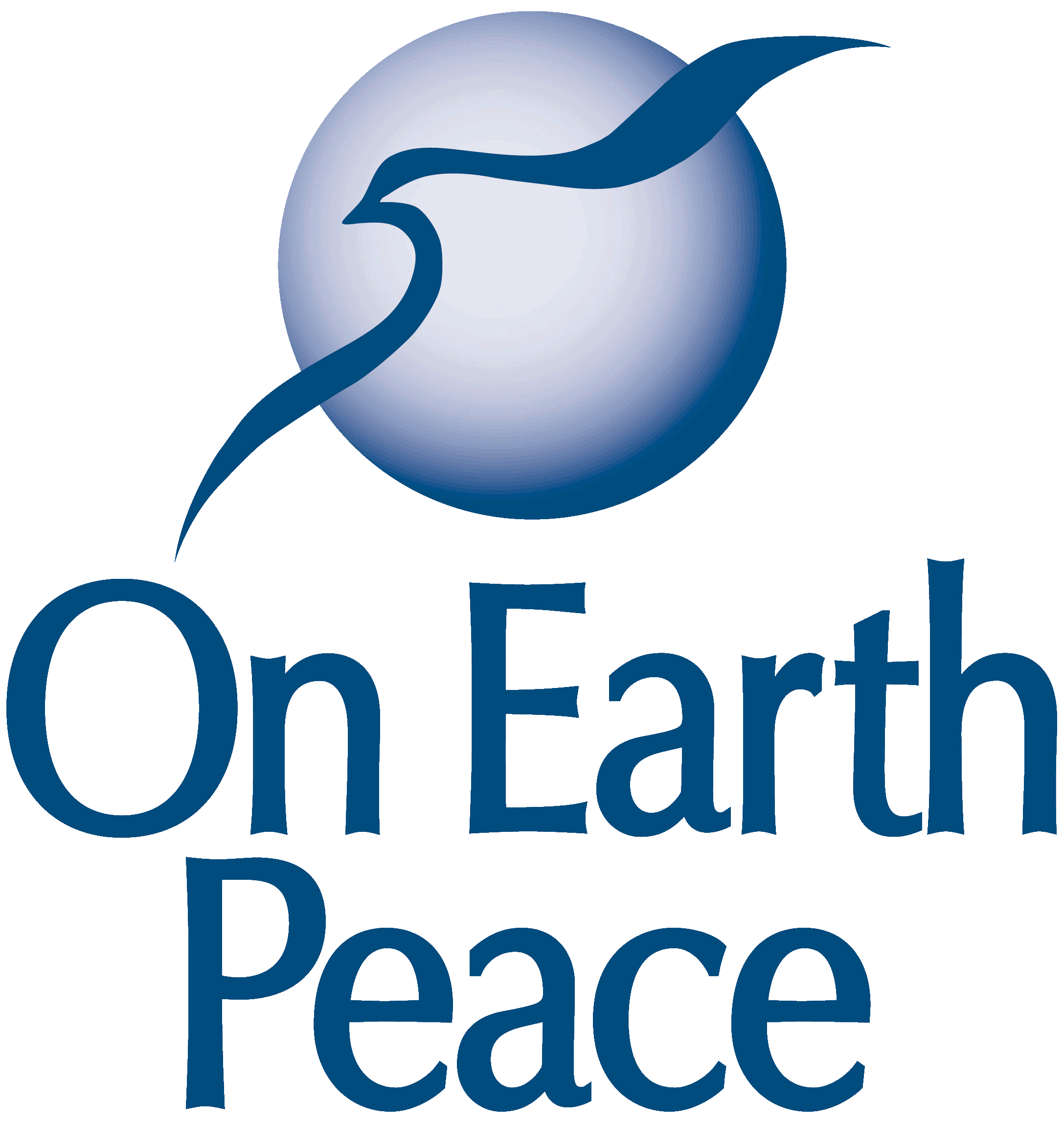
Written by Kazu Haga
Excerpted with permission from Healing Resistance: A Radically Different Response to Harm (Parallax Press, 2020)
“Nonviolence is for punks." "Nonviolence is weak.” "I'm not gonna be nonviolent and back down.” “I'm not gonna just sit there and let someone abuse me." These are all common things I hear in my work, and they are all rooted in a misunderstanding of nonviolence.
The misunderstanding lies in the difference between “non-violence" and "nonviolence.” “Non-violence” is essentially two words: “without” and “violence.” As long as I am “not being violent,” I am practicing non-hyphen-violence. Nonviolence is not about what not to do. It is about what you are going to do about violence and injustice in our own hearts, our homes, our neighborhoods, and society at large. It is about taking a proactive stand against violence and injustice. Nonviolence is about action, not inaction.
The reality is that a commitment to taking a stand against violence, fighting injustice, and working to address harm takes an incredible amount of courage. Nonviolence is about doing something. Taking action to fight for justice and Beloved Community is an act of courage. This is not to say that people who use violence are cowards. As much as I may disagree with someone's use of violence, or as much as I may disagree with their reasons for engaging in acts of violence, I can still understand and respect the courage it takes to fight for something. Anyone who risks their lives, their personal safety, or their reputation is practicing courage. Yet, one could argue that acting with nonviolence takes even more courage than acting with violence. Imagine you were going into a situation where you knew you might face some kind of physical violence---would you feel safer knowing you had a weapon on you, and you could fight back, or knowing that you were unarmed and committed to accepting any blow without retaliating? Nonviolence takes great courage when understood in the proper context. It takes courage to walk away from a fight.
In addition to addressing the courage of nonviolence, this first principle also talks about a lifelong commitment. Nonviolence is a way of life for courageous people. Nonviolence is not a switch that you turn on when you go to a protest and turn off when you are back home.It is not something you practice in your workplace and then disregard in your personal relationships. Nonviolence, at its best, is something we aim to practice in every interaction, in every moment of our lives. It is a way of life.

Showing 1 reaction
Sign in with